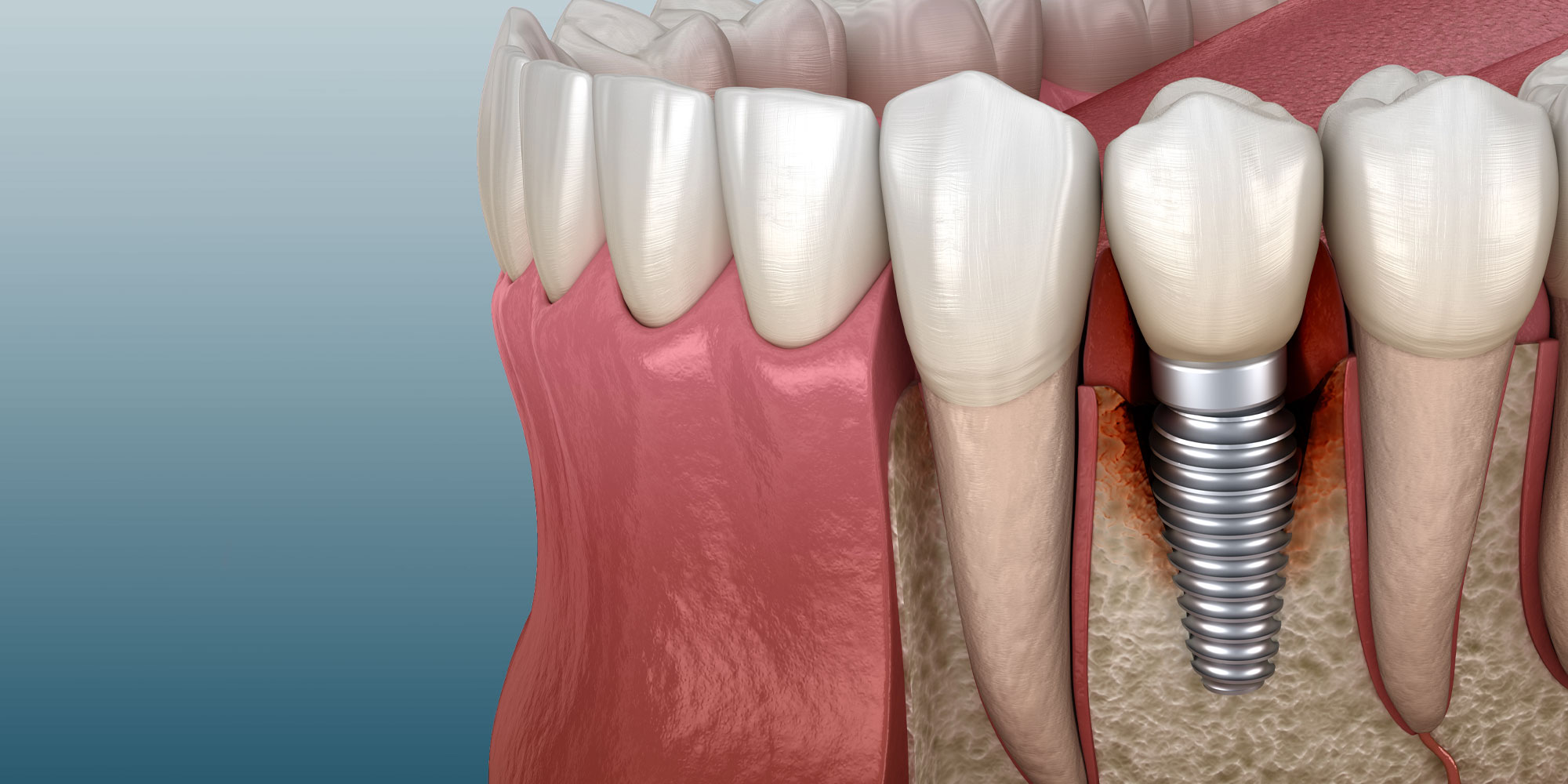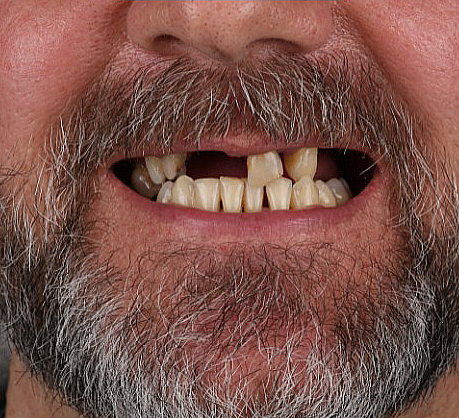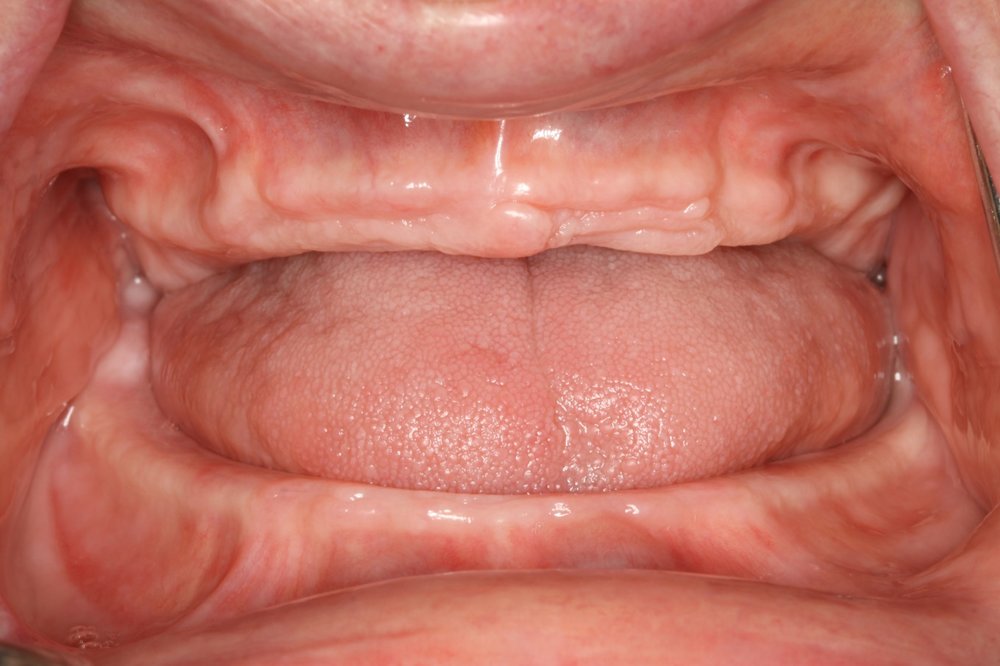This is David and I am a dental implant educator at Chicago Implant Studio. One of the most common questions I get from our patients at their dental implant consultation session is “What are Causes, Symptoms, and Solutions for Failed dental implant treatment?”
Dental implants have revolutionized the field of restorative dentistry, offering a durable, natural-looking solution for tooth loss. However, like any medical procedure, they are not immune to failure. Understanding what constitutes a failed dental implant, the causes behind it, and the potential solutions can help you navigate this challenging situation. This article delves into the intricacies of failed dental implant treatment.
In This Article
Defining Failed Dental Implant Treatment
A dental implant failure occurs when the implant fails to integrate with the jawbone, becomes loose, or causes discomfort or infection. Failures can occur shortly after the procedure (early failure) or years down the line (late failure). Regardless of the timing, any sign of trouble should prompt an immediate consultation with your dental professional.
Causes of Dental Implant Failure
Several factors can contribute to dental implant failure, including:
- Poor Oral Hygiene: Failing to maintain proper oral hygiene can lead to bacterial infection around the implant, hindering its integration with the bone.
- Inadequate Bone Support: Successful implants require a certain amount of healthy bone. If the bone quality or quantity is inadequate, the implant may not integrate properly.
- Medical Conditions: Certain conditions, like diabetes or osteoporosis, can impact the body’s ability to heal and integrate the implant.
- Smoking: Smoking can impair healing and increase the risk of infection, both of which can lead to implant failure.
- Improper Implant Placement: If the implant is placed incorrectly or subjected to excessive force, it may not integrate well with the bone.
Signs of Failed Dental Implant Treatment
Common signs of a failed dental implant include:
- Pain or discomfort around the implant site
- Swelling or inflammation of the gums
- Difficulty chewing or biting
- Loosening of the implant or the attached crown
- Noticeable bone loss around the dental implant
Addressing Failed Dental Implant Treatment
If you suspect a failed dental implant, consult your dental professional immediately. They can assess the situation and propose a suitable course of action. This may involve removing the implant, treating any infection, and allowing the area to heal before attempting another implant procedure. In some cases, bone grafting may be necessary to provide sufficient bone support for a new implant.
Conclusion
While dental implants have a high success rate, failures can occur due to various factors. Recognizing the signs of a failed dental implant and seeking prompt professional attention can help rectify the situation and keep your oral health on track. Remember, successful dental implant treatment requires a partnership between you and your dental professional, underpinned by good oral hygiene practices and regular check-ups.
If you are looking for state-of-the-art single and multiple tooth to full jaw All-on-4 dental implants, schedule a no-obligation free consultation with Chicago Implant Studio dental implant experts. Schedule a free consultation online today or call us at (331) 257-7999.






